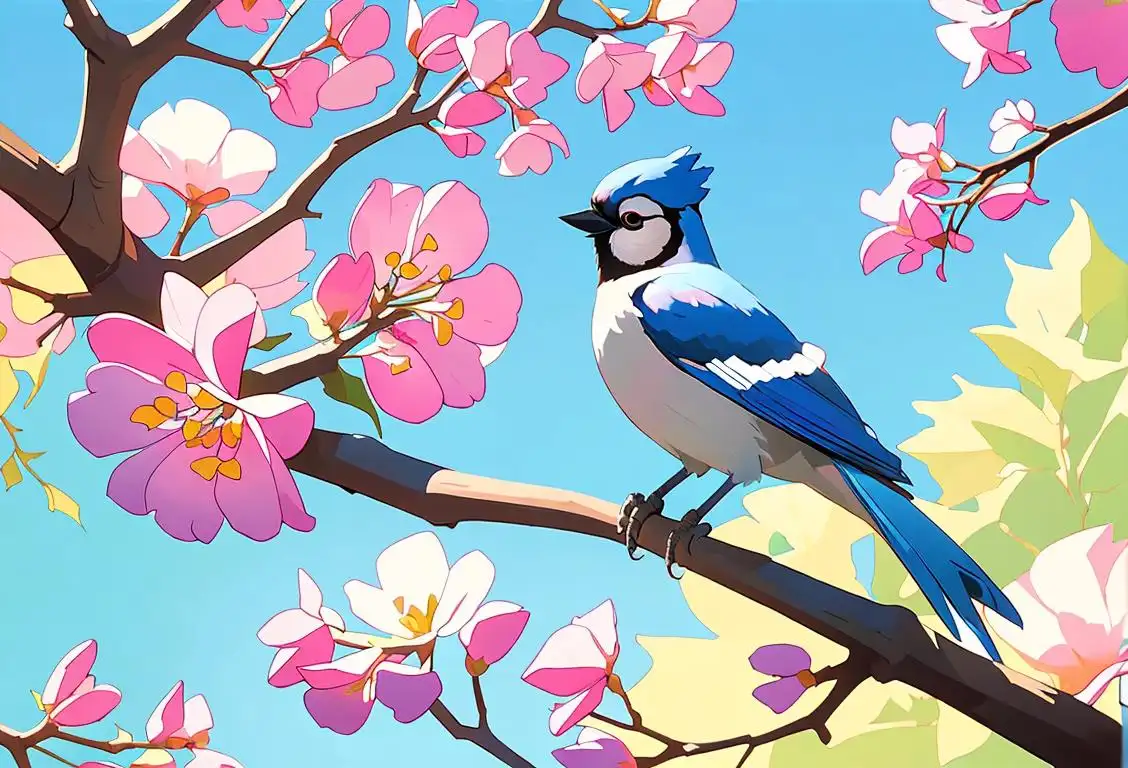National Jasmine Day

Who doesn't love the delightful, sweet scent of jasmine? Well, grab your bouquets, plant enthusiasts, there's a day just for you! National Jasmine Day, a day when the digital world pays homage to this fragrant flower. It is certainly notable on our calendars.
When is Jasmine Day?
It's national jasmine day on the 12th April.
Kick-Off: A Whiff of History
Online mentions of National Jasmine Day were first detected here at WhatNationalDayIsIt.com on 12th April 2018. A modest 18 mentions were made, but, much like the jasmine flower itself, interest in the day has bloomed splendidly over the years.
Petals of Significance
We don't know who started National Jasmine Day, or exactly why, but it's clear the day resonates with people. Jasmine, after all, symbolizes love, beauty, sensuality, and serenity. Those are sentiments worth celebrating, wouldn't you agree?
Not Just Your Garden-Variety Flower
No, indeed not! Besides fragrance and floral aesthetics, jasmine plant has some amazing uses too. Jasmine tea, a popular drink in Asia, is known for its soothing effects. And the oil extracted from jasmine petals? A key ingredient in some of the finest perfumes.
Celebrate with Flair...and Fragrance!
So how does one celebrate National Jasmine Day? Relax with a cup of jasmine tea, indulge in a jasmine-infused spa treatment, or cultivate your green thumb by planting some jasmine in your garden. Share your jasmine love stories online and let the floral wave spread.
History behind the term 'Jasmine'
299 BCE
The Origins in Persia
The term 'jasmine' traces its roots back to ancient Persia, where it was known as 'yasamin'. Persian poets and artists were captivated by the sweet fragrance and delicate white flowers of the jasmine plant.
9th Century
Jasmine Reaches Europe
During the Islamic Golden Age, the Moors introduced jasmine to Europe. Its popularity quickly spread throughout the continent due to its enchanting fragrance and exquisite beauty.
17th Century
Jasmine as an Aphrodisiac
In the 17th century, Europeans believed that jasmine had powerful aphrodisiac properties. It became a favorite ingredient in perfumes and love potions, and its use in romantic gestures was prevalent.
18th Century
Jasmine in Tea
Jasmine tea, a fragrant and aromatic blend of green tea leaves and jasmine blossoms, originated in China during the 18th century. This delicate infusion gained popularity for its soothing qualities and became a cherished part of Chinese tea culture.
19th Century
Symbol of Purity and Romance
Jasmine took on symbolic significance in the Victorian era. It became associated with purity, elegance, and romance. The Victorians often used jasmine flowers in bridal bouquets and as a decoration for wedding ceremonies.
Present Day
Global Cultivation and Symbolism
Nowadays, jasmine is cultivated worldwide, with different varieties thriving in various climates. It continues to be highly regarded for its intoxicating scent and is used in perfumery, aromatherapy, and traditional medicine. Jasmine's symbolism of love, beauty, and sensuality has persisted across cultures.
Did you know?
Did you know that Jasmine was originally native to regions in South and Southeast Asia? No wonder the Jasmine flower is the national symbol of several Asian countries!Tagged
fun celebration Celebration nature flowers jasmine aroma Jasmine Flower Aromatherapy GardeningFirst identified
12th April 2018Most mentioned on
12th April 2018Total mentions
18Other days
Jasmine Day
Tulip Day
Plant A Flower Day
Daisy Johnson Day
Buck Day
Girlfriend Day
Goat Day
Lily Day
Gill Day
Jay Day








